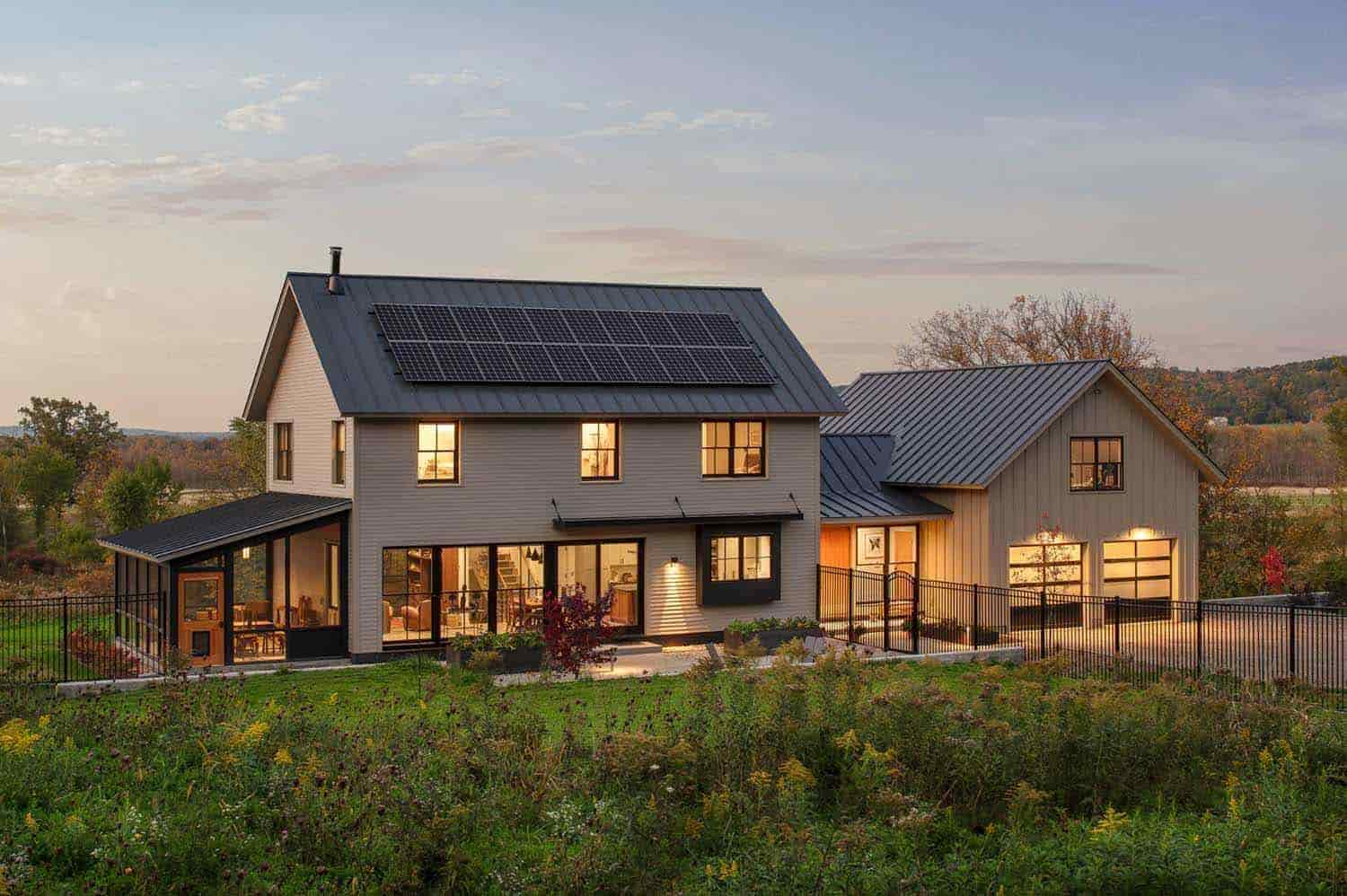If you’re considering a net zero project in Vancouver, you could unlock valuable incentives from the city while slashing energy costs and carbon emissions. Let’s break down what a CHBA Net Zero building entails, how it qualifies for bonus density incentives, and how our team can support you every step of the way.
What Is a CHBA Net Zero Building?
The Canadian Home Builders’ Association (CHBA) Net Zero Home Labelling Program represents a high standard for energy-efficient residential construction. A CHBA Net Zero building is designed to produce as much renewable energy as it consumes annually, resulting in net-zero energy use. This is achieved through a combination of advanced building techniques, high-performance materials, and on-site renewable energy systems like solar panels.
Key items include:
- Efficient Design: Superior insulation, airtight construction, and optimized ventilation systems (such as heat or energy recovery ventilators) to minimize heating and cooling needs.
- Efficient Equipment: High efficiency systems, from space heating and hot water to appliances to minimize energy consumption.
- Energy Modeling and Testing: Projects are evaluated using Natural Resources Canada’s EnerGuide Rating System via HOT2000 software, aiming for a 0 GJ (gigajoule) annual energy rating. This involves rigorous airtightness testing and modeling by a Qualified Net Zero Energy Advisor (NZEA).
- Certification Process: Overseen by a Qualified Net Zero Builder—who must be a CHBA member with specialized training and experience—the home undergoes enrollment, mid-construction checks, and final labeling to confirm it meets the standard.
Unlike conventional homes, net zero buildings not only reduce utility bills to minimum but also contribute to Vancouver’s broader goals, such as those outlined in the Zero Emissions Building Plan and Climate Emergency Action Plan. They’re comfortable, resilient, and future proof against rising energy costs. Please note that this may not mean zero utility bills as real-world energy usage and energy modeling can vary based on occupant behaviour.
Unlocking Bonus Density Incentives from the City of Vancouver
Vancouver is leading the charge in sustainable development by offering regulatory incentives to encourage zero-emission buildings, including those certified under the CHBA Net Zero program. These incentives apply to residential projects in R1, RT, and RA zoning districts and can significantly enhance your project’s feasibility and value.
Under Section 10.33 of the Zoning and Development By-law, qualifying net zero homes can access variances that effectively provide “bonus density” through floor area exclusions and relaxations:
- Floor Area Exclusion: A fixed-rate exclusion of up to 19% of the permitted floor space (capped at 88 sq. m or about 947 sq. ft. for projects with fewer than three principal dwelling units). This allows for thicker insulation, mechanical systems, and other features without counting against your floor space ratio (FSR). For example, a home with a base permitted floor area of 3,960 sq. ft. could potentially expand to around 4,712 sq. ft.
- Height and Depth Increases: Building height and depth can be increased by 0.6 meters, giving more flexibility for design elements like roof-mounted solar equipment or venting skylights.
- Yard and Separation Reductions: Rear yards and building separations can be reduced by 0.6 meters, accommodating features such as shading devices, balconies, or overhangs that enhance energy performance.
- Other Allowances: Exclusions for heat recovery ventilators (HRVs), mechanical rooms with zero-emission equipment, and green roof infrastructure.
To avail these incentives, your project must demonstrate compliance with the CHBA Net Zero standard through detailed submissions, including energy models, airtightness declarations, and letters from qualified professionals. For multiple dwellings in R1 districts, all units on the site must meet the standard. Importantly, these variances are conditional on achieving final certification as failure to do so could result in non-compliance.
These incentives not only offset the upfront costs of high-performance features but also boost property value in a market that increasingly rewards sustainability. The homeowner may also be eligible for 25% rebate on their mortgage insurance premium through CMHC.
How Allester Energy Can Help
At Allester Energy Advising, we’re not just equipped in net zero projects, we’re certified Passive House Consultants (CPHC) with experience in delivering zero-emission buildings. To learn more about our Passive House consulting service, please check out the article in our website. Whether you’re pursuing CHBA Net Zero, Passive House, or any residential new construction in the lower mainland, our team can provide comprehensive support:
- Design and Consulting: From conceptual drawings to energy modeling, we’ll optimize your project to meet certification requirements while maximizing City incentives.
- Variance Navigation: We’ll prepare the necessary strategies, letters, and documentation to secure approvals, ensuring seamless integration with Vancouver’s zoning regulations.
- Full Project Guidance: As certified energy advisors and Passive House professionals, we bring expertise in airtightness, insulation, and renewable systems that align perfectly with net zero goals.
Contact us at Allester Energy Advising today for a consultation. Visit our website or email [email protected] to get started.
References and photo credit:
https://guidelines.vancouver.ca/bulletins/bulletin-sustainability-zero-emissions-r1-rt-ra.pdf
https://vancouver.ca/green-vancouver/high-performance-buildings.aspx

